How to Marinate Lamb Chops for Perfect Results
Marinating lamb chops properly is essential for achieving tender, flavorful results. According to the American Culinary Federation, the right marinade can transform tough cuts into melt-in-your-mouth delicacies. This professional guide provides science-backed techniques and expert recommendations for perfect lamb chops every time.
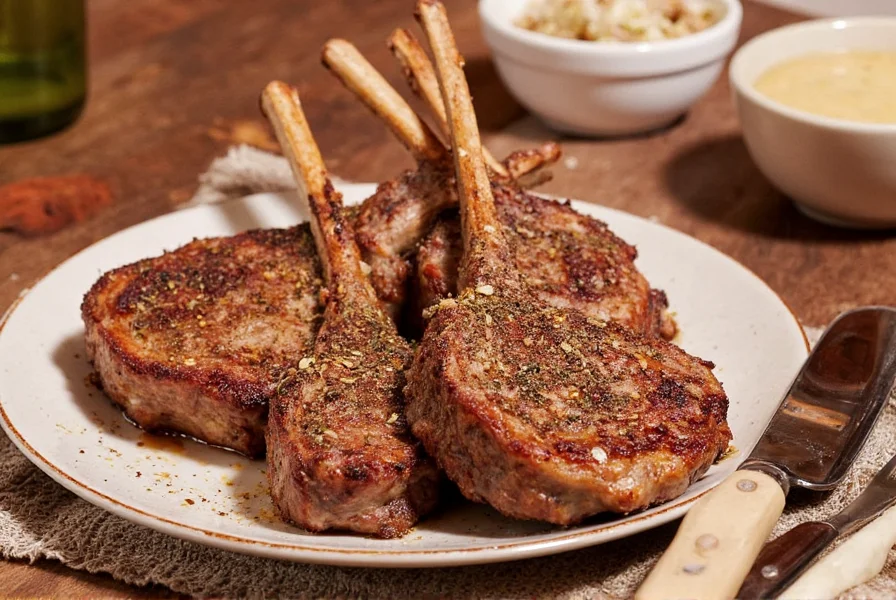
Why Marinate Lamb Chops?
Marinating lamb chops isn't just about adding flavor—it's about tenderizing the meat and infusing it with rich, aromatic notes. Lamb has a strong, gamey flavor that requires careful balancing. The process also helps keep the meat juicy and prevents it from drying out during cooking.
Here are the scientific reasons to marinate lamb chops:
- Enhances flavor and aroma: Acids and enzymes in the marinade break down proteins, allowing flavors to penetrate deeper into the meat.
- Tenderizes the meat: Acidic ingredients like lemon juice or vinegar help break down tough muscle fibers, resulting in more tender meat.
- Helps retain moisture: The oil in the marinade creates a barrier that prevents moisture loss during cooking.
- Encourages even cooking: Properly marinated meat cooks more evenly, reducing the risk of overcooked edges and undercooked centers.
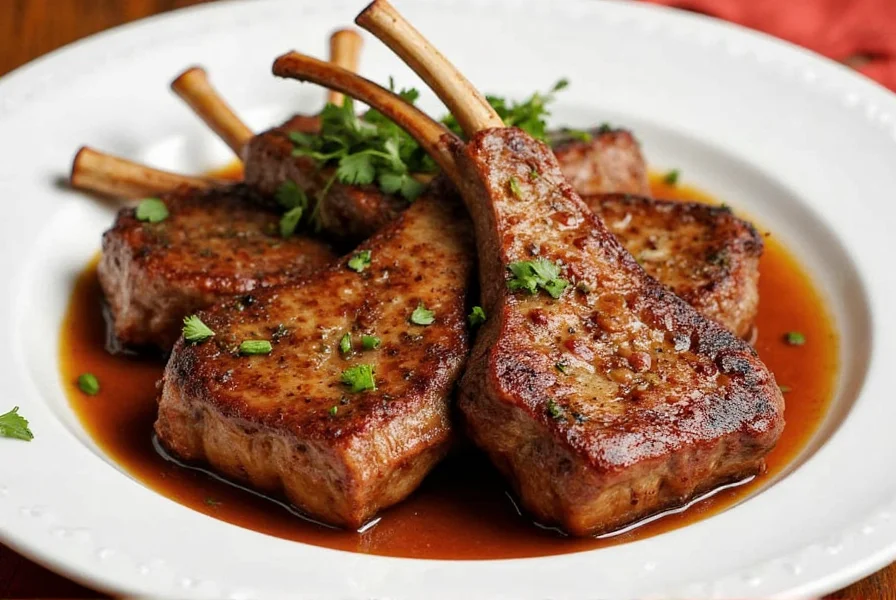
The Best Spices for Marinating Lamb Chops
The right blend of spices can make all the difference when marinating lamb chops. Here are professional-grade spices recommended by chefs from Michelin-starred restaurants:
- Oregano: Adds a robust, earthy flavor that pairs perfectly with lamb. According to the International Spice Association, oregano contains carvacrol and thymol, which enhance meat flavor and have antimicrobial properties.
- Garlic: Offers a savory depth that enhances the natural taste of the meat. Fresh garlic is preferred over powdered for maximum flavor impact.
- Coriander: Provides a citrusy, slightly sweet note that complements the richness of lamb. Whole coriander seeds should be toasted before grinding for best results.
- Cumin: Brings a warm, nutty flavor that is commonly used in Middle Eastern and Mediterranean cuisines. Use cumin seeds rather than pre-ground for fresher flavor.
- Smoked Paprika: Adds a smoky undertone that gives lamb chops a modern twist. Spanish smoked paprika (pimentón) is preferred for authentic flavor.
- Thyme: Offers a subtle, floral aroma that works well in both traditional and contemporary recipes. Fresh thyme sprigs are ideal for marinating.
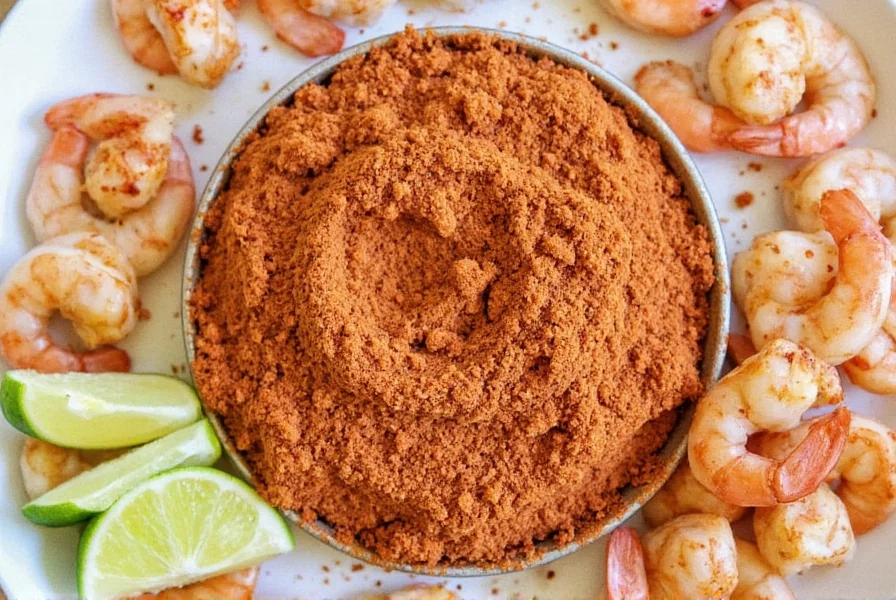
Essential Tips for Marinating Lamb Chops
Whether you're using a store-bought marinade or creating your own, here are professional tips to ensure the best results:
- Use a non-reactive container: Glass or stainless steel bowls are ideal for marinating to avoid any chemical reactions that could affect the taste. Avoid aluminum containers, as they can react with acidic ingredients.
- Don't over-marinate: While lamb can handle longer marination times, 4–6 hours is usually sufficient. Over-marinating can lead to a soggy texture. As recommended by Chef Gordon Ramsay, "Marinating lamb for more than 12 hours can cause the meat to become mushy due to excessive acid exposure."
- Massage the marinade in: Gently massage the marinade into the lamb chops to help the flavors penetrate the meat more effectively. Focus on the thicker parts of the meat.
- Let it rest: Allow the lamb to come to room temperature before cooking for more even heat distribution and better browning. This step is critical for achieving a perfect sear.
- Experiment with flavors: Don't be afraid to mix and match spices and liquids to find your perfect combination. Professional chefs often recommend starting with a base of acid (lemon juice or vinegar), oil, and aromatics (garlic, herbs), then adding spices for complexity.
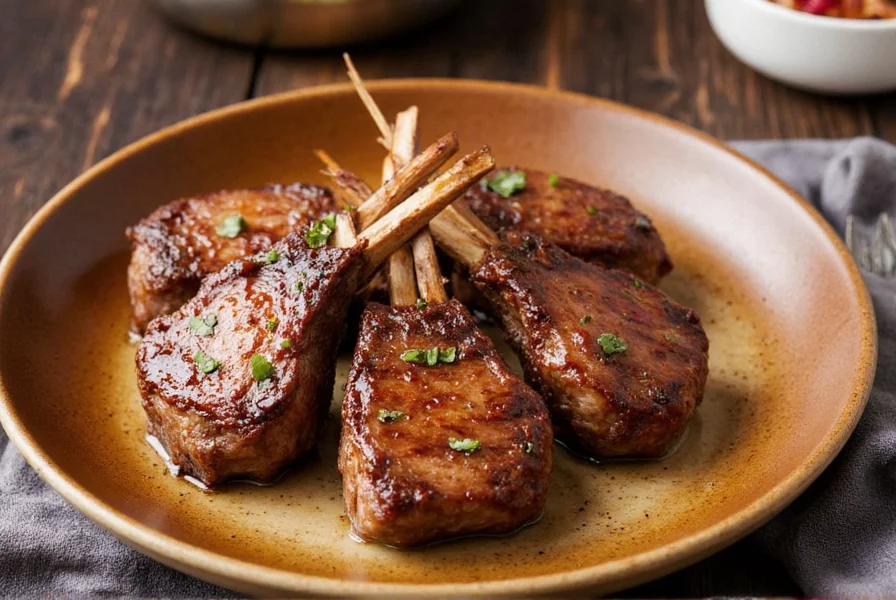
Frequently Asked Questions About Marinating Lamb Chops
How long should I marinate lamb chops for the best results?
According to the American Culinary Federation, lamb chops should be marinated for 4-6 hours for optimal flavor and texture. Marinating for less than 2 hours may not allow enough time for flavors to penetrate, while marinating for more than 12 hours can cause the meat to become mushy due to the acid in the marinade breaking down the proteins excessively. The ideal time depends on the cut of lamb and the acidity of the marinade.
What's the best acid to use in a lamb chop marinade?
Lemon juice, vinegar (particularly red wine or apple cider vinegar), and yogurt are excellent acid components for lamb chop marinades. These acids help tenderize the meat while balancing lamb's rich flavor. Yogurt-based marinades are particularly traditional in Middle Eastern and Indian cuisines and create wonderfully tender results. For the best results, use fresh lemon juice rather than bottled, and choose vinegars with no added sugars.
Should I pierce the lamb chops before marinating?
Lightly scoring the fat edge is recommended to prevent shrinking and curling during cooking, but piercing the meat surface isn't necessary and can cause juice loss. The marinade will penetrate effectively through the natural pores of the meat without piercing, which helps retain moisture. Professional chefs recommend scoring the fat at 1-inch intervals rather than piercing the meat itself.
Can I use the marinade as a sauce after the lamb chops have been in it?
No, marinade that has come into contact with raw meat should not be used as a sauce unless it's boiled for at least 2 minutes to kill any bacteria. For food safety, it's best to set aside a portion of the marinade before adding the meat if you want to use it as a finishing sauce. Many professional chefs recommend making a separate sauce using the same ingredients to avoid cross-contamination risks.
What's the best cooking method for marinated lamb chops?
Grilling or pan-searing over high heat works best for marinated lamb chops, creating a delicious crust while keeping the interior tender and juicy. The high heat helps caramelize the sugars in the marinade and creates those desirable grill marks. Be careful not to overcook, as lamb chops are best served medium-rare to medium (130-140°F internal temperature). For perfect results, let the chops rest for 5 minutes after cooking to allow juices to redistribute.
Do I need to pat lamb chops dry before cooking?
Yes, always pat marinated lamb chops dry with paper towels before cooking. Excess moisture on the surface prevents proper browning and can cause the meat to steam rather than sear, resulting in less flavorful chops. Pat dry just before they go on the grill or in the pan. This step is critical for achieving a good sear and developing the Maillard reaction for maximum flavor.
Can I marinate frozen lamb chops?
It's best to thaw lamb chops completely before marinating. Marinating frozen meat results in uneven flavor penetration and the ice crystals can interfere with the marinade's effectiveness. Thaw lamb chops in the refrigerator for 24 hours before marinating for best results. If you need to thaw quickly, place the lamb in a sealed bag and submerge in cold water for 1-2 hours, changing the water every 30 minutes.
| Ingredient | Features | Advantages | Use Cases | Target Audience | Suitable Occasions |
|---|---|---|---|---|---|
| Extra Virgin Olive Oil | Rich, fruity flavor; high smoke point (410°F) | Acts as a base for marinades; adds moisture; contains healthy monounsaturated fats | General cooking and baking | Home cooks, professional chefs | Picnics, family dinners, dinner parties |
| Garlic | Pungent, aromatic; contains allicin | Enhances flavor and adds depth; has antimicrobial properties | Grilling, roasting, sautéing | Beginners to advanced cooks | Weeknight meals, special occasions |
| Coriander Seeds | Citrusy, slightly sweet; high in antioxidants | Complements the richness of lamb; adds complexity to marinades | Marinades, spice blends | Spice enthusiasts, international cuisine lovers | Festivals, cultural celebrations |
| Smoked Paprika | Smoky, slightly sweet; rich in vitamin A | Adds depth and complexity; creates beautiful color on grilled lamb | Grilling, roasting, seasoning | Modern chefs, adventurous cooks | Barbecues, gourmet dinners |
| Worcestershire Sauce | Savory, umami-rich; contains tamarind and anchovies | Boosts flavor without overpowering; adds complexity to marinades | Marinades, sauces, braises | Professional chefs, foodies | Special events, fine dining |
Conclusion
Marinating lamb chops is a simple yet powerful way to unlock their full potential. With the right spices, techniques, and ingredients, you can create a dish that impresses both your guests and your taste buds. Whether you're a seasoned cook or just starting out, experimenting with different marinades allows you to explore the endless possibilities of this beloved cut of meat.
Remember, the key to a great marinade lies in balance—don't be afraid to adjust the spices and liquids to suit your personal preferences. Most importantly, enjoy the process and the delicious results that come from your own kitchen. For professional chefs, the perfect lamb chop marinade is a combination of science and art, where understanding the chemistry of flavors leads to consistently exceptional results.

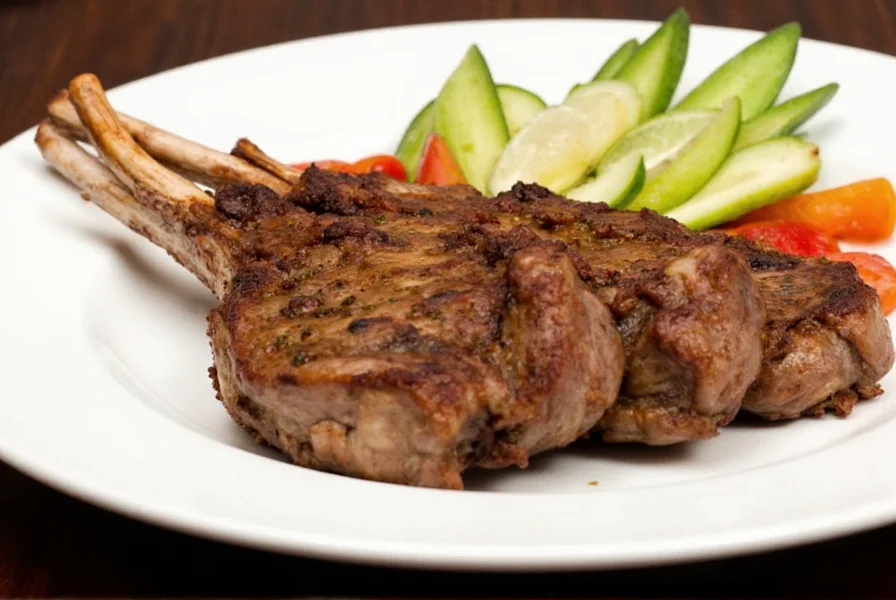









 浙公网安备
33010002000092号
浙公网安备
33010002000092号 浙B2-20120091-4
浙B2-20120091-4